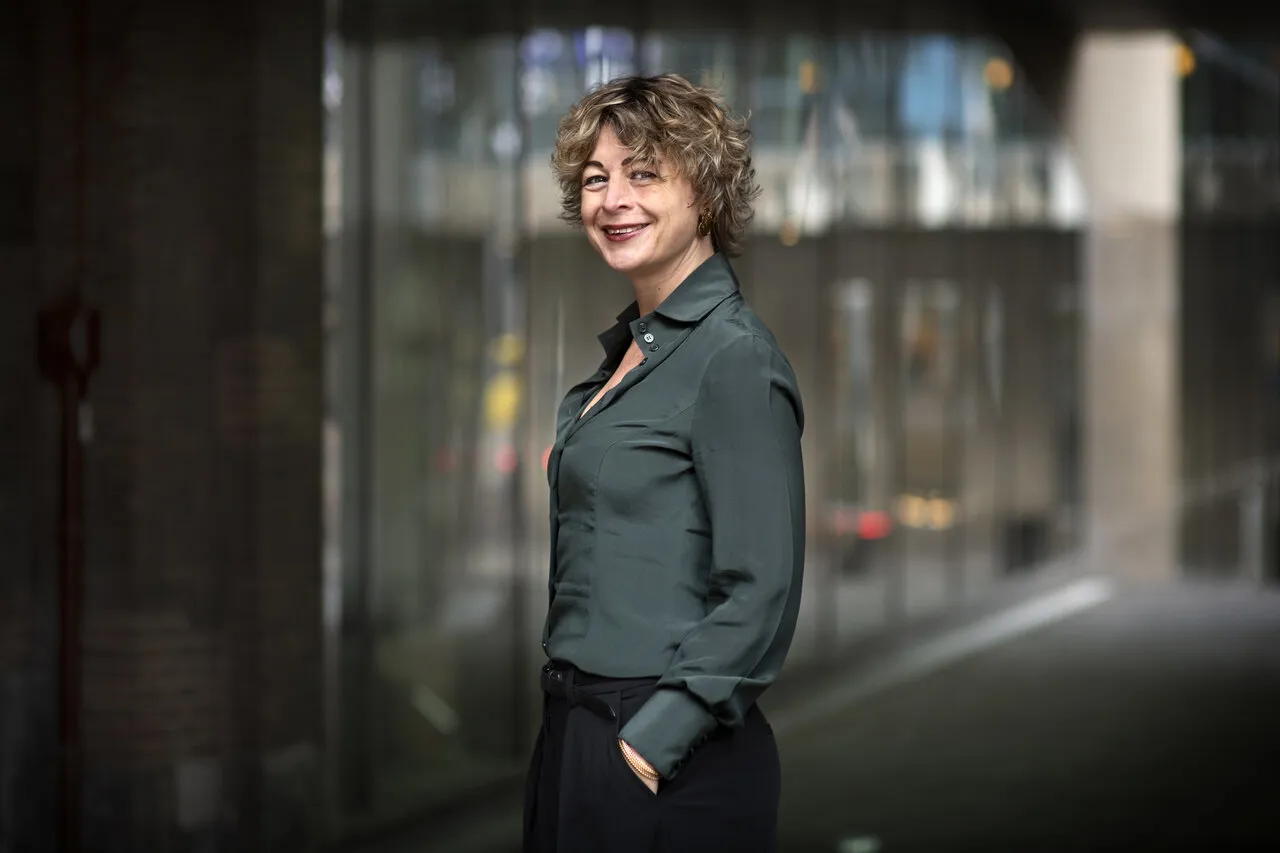Dutch Ambassador impressed with Hanoi’s Covid-19 fight
Dutch ambassador to Vietnam Elsbeth Akkerman expressed her impression of Hanoi's efforts to ensure sustainability and inclusivity in plans to get people's life on track when Covid-19 is basically under control.
| Dutch Ambassador to Vietnam Elsbeth Akkerman. |
This year, Hanoi targets economic growth of 4.5 - 5% amid the Covid-19 pandemic. What is your view about Hanoi's efforts to pursue the dual target of both containing the pandemic and boosting economic growth?
I am impressed by how Vietnam in general and Hanoi in particular have been balancing between the two targets: containing the Covid-19 pandemic and supporting public health on the one hand, and boosting economic growths on the other.
However, striking that balance is not easy, especially since Covid-19 has brought about new challenges in Vietnam and in the rest of the world. These challenges are also evidenced in the area of trade and investment that relates to the economic growth. That Hanoi is having a two-fold target is sensible, smart and the most sustainable.
While aiming for a robust, sustainable and resilient recovery from the pandemic, it is equally important for Vietnam and Hanoi to assist the most vulnerable people to overcome the impact of the pandemic. I am happy to see sustainability and inclusivity prominent on Hanoi’s agenda.
What is your assessment of Hanoi's business environment in recent years? From your point of view, what are the challenges that Hanoi has to address to further attract foreign investors, especially high-quality FDI projects from Europe?
It is clear that Hanoi is working hard to attract more FDI. The ongoing initiatives aimed at improving infrastructure and mobility, reducing red tape and investing in skilled labor are very important and need to continue in the next years.
There are also challenges related to the environmental and societal impact of economic growth and rapid urbanization like a growing amount of waste and air pollution, more serious traffic congestion, more scarcity of natural resources, and increasing income gaps. Tackling these issues will not only attract more business and investment to Hanoi, but will also provide a better quality of lives for Hanoians, build strong communities and support a sustainable society.
As such, more incentives to attract sustainable and qualitative investments will benefit all: the investors, the city, the citizen and also the planet. Examples are investments in sectors like renewables, waste to energy, green logistics, urban farming, etc. Apart from being economically and financially sound, high-quality investment requires a responsible mindset from the partners involved towards the society and the environment.
The Netherlands is fully committed to sustainable trade and investment. At the Embassy, we encourages Dutch investors and businesses to integrate Responsible Business Conduct (RBC) in all their operations and management when doing business in Vietnam. We would like to team up with Hanoi in making RBC reality.
What do you think of the economic cooperation potential between Vietnam and the EU, and particularly between Hanoi and the EU after the EVFTA took effect in August?
The EU – Vietnam Free Trade Agreement (EVFTA) is a modern and ambitious agreement that, if implemented correctly, is expected to boost sustainable trade between Vietnam and the EU, and will serve as a powerful vehicle for improving environmental and labor standards. The Netherlands therefore looks forward to increasing its partnership with Vietnam in areas like agriculture, water, climate, logistics, smart cities, circular economy and renewable energy.
There are still things to do for Vietnam to get the most out of this trade deal. As an example, while the EVFTA opens new opportunities for Vietnamese agro - products, the EU’s regulations on traceability and food safety are now a challenge for Vietnamese enterprises. In this context, it would be important for Vietnam to invest in sustainable value chain development to ensure safe and high-quality food. The Netherlands is willing to exchange ideas and partner with Vietnam in this respect.
While the Netherlands is a key EU trade and investment partner to Vietnam, Vietnam continuously proves to be an interesting market for Dutch companies, as reflected by the large trade delegation of our Prime Minister Rutte to Vietnam last April. This year, such a physical visit is not possible due to the pandemic, therefore, together with other Netherlands Embassies in Southeast Asia, we are organizing a virtual trade mission to Vietnam, Indonesia, Malaysia, Singapore and Thailand from October to December. In this mission, we also focus on city-to-city business opportunities, and look forward to working with Hanoi in this respect!
Thank you for your time, Your Excellency!











